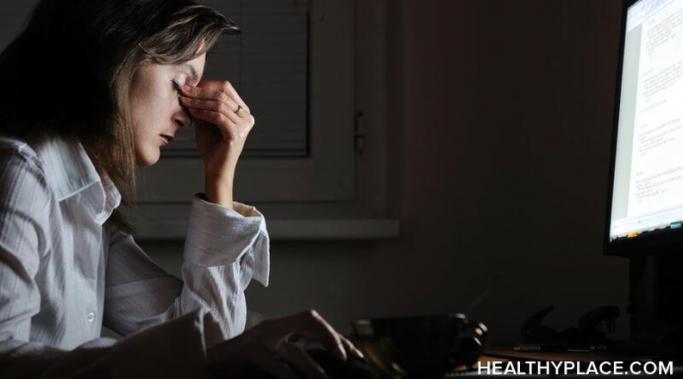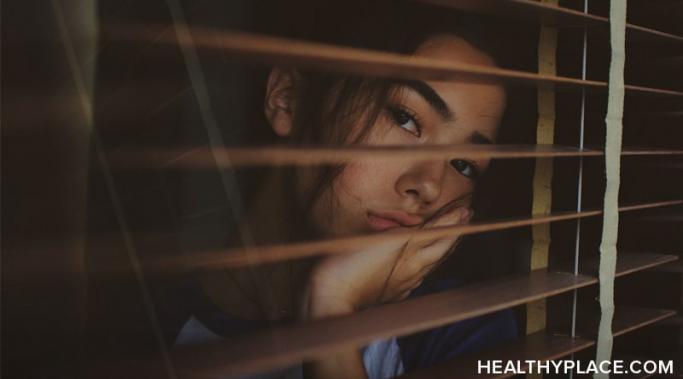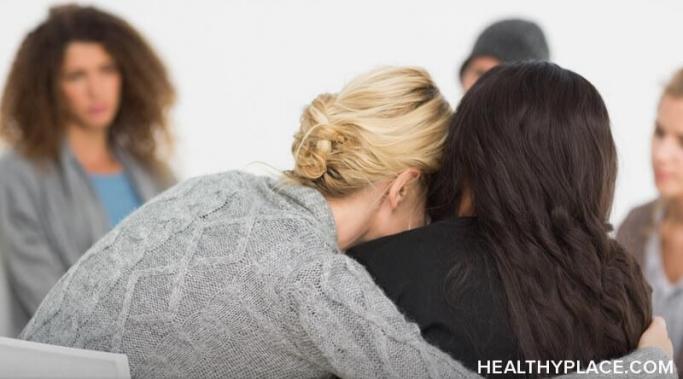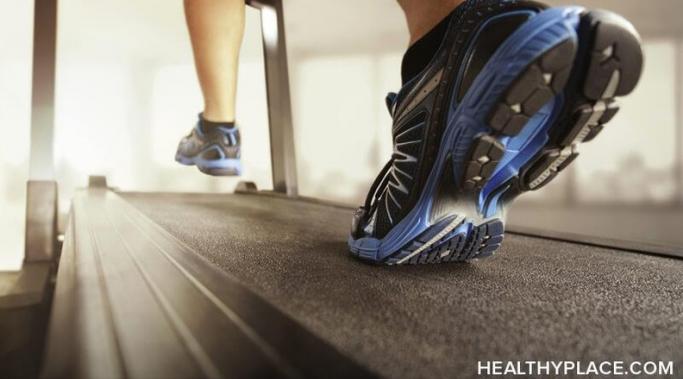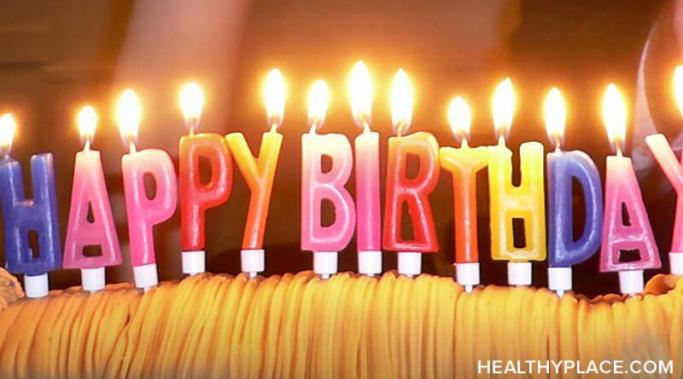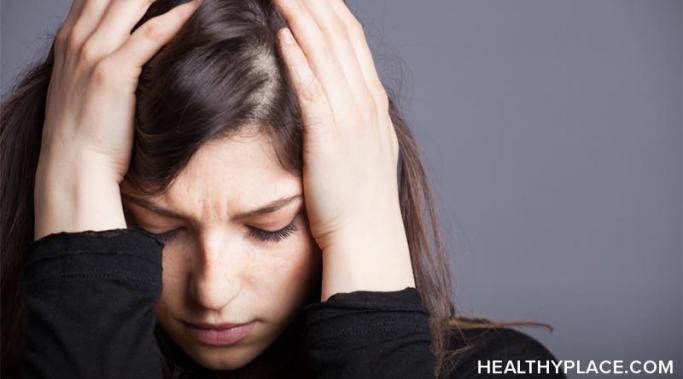I've had a home office for over a decade--long before it became a forced norm of the COVID-19 pandemic--and during this time, I noticed how working from home affected my eating disorder recovery. It wasn't a smooth road, but with a few strategies, I learned how to support my eating disorder (ED) recovery with healthy habits.
Coping Skills for Eating Disorder Recovery
A change of perspective can do wonders to change your mindset, and this is why, when my destructive thoughts get to be too much, I go to nature to support my eating disorder recovery.
Have you become stuck in the tension of how to approach eating disorder recovery when you don't feel ready? This is a common dilemma—the belief that you can't pursue healing until the motivation, desire, and commitment all of a sudden materialize.
I am exercising less in quarantine—and that is acceptable. In these last few months, COVID-19 has disrupted many of the routines and norms that were baked into my life without question before, and one of those routines is fitness. My motivation to workout seems to decline with each passing day, which is unusual for me, a committed runner with a history of chronic overexertion.
Convincing myself that I feel poised, satisfied, uninhibited, confident, free, and at home in my own body all the time sounds excellent in theory, but I find it does not always work in practice. For this reason, I maintain that body acceptance is a more realistic goal than body positivity. Of course, it would be ideal to stand in front of a mirror and genuinely admire the curves and contours of my reflection, but this just happens sometimes—it's not an outlook I can manufacture out of sheer obligation to praise my body.
It's been crucial for me to learn how to help others in eating disorder recovery without derailing my own since I both mentor young women with eating disorders and am vocal about my own healing from anorexia. I often find myself on the receiving end of phone calls, text messages, and coffee dates which tend to start with the conversation opener, "I don't know who else I can trust to share this with, but I have an issue with food and body image. Can we talk about it?"
Exercise can be a great tool to help you through eating disorder recovery, but my experience has shown me the thin, blurry line between healthy exercise and over-exercise in eating disorder recovery. In recent weeks, the COVID-19 pandemic and my mental health fall-out has revealed just how much of my self-worth has been wrapped up in my workouts. It was a sobering realization and one I vowed to change.
Celebrating your birthday in eating disorder recovery can be challenging. So many celebrations in life are riddled with expectations, and for those of us in any sort of recovery, the weight of these expectations can feel crippling.
No one wants a mental health emergency at any time, but having a mental health emergency during the COVID-19 pandemic showed me how neither I nor the emergency room hospital staff was prepared to deal with a mental health crisis in this unsettling--and downright terrifying--time.
How can we prioritize eating disorder recovery in the midst of COVID-19? Social distancing is the newest buzzword of our culture, and #FlattenTheCurve is our latest hashtag as we all stumble through this unprecedented reality of the coronavirus, so I will be honest—it's an inconvenient, anxiety-inducing time to have a complicated history with food and exercise. But despite the shifts in my routine or the lack of control and normalcy, I choose to still prioritize my eating disorder recovery in the midst of COVID-19.
